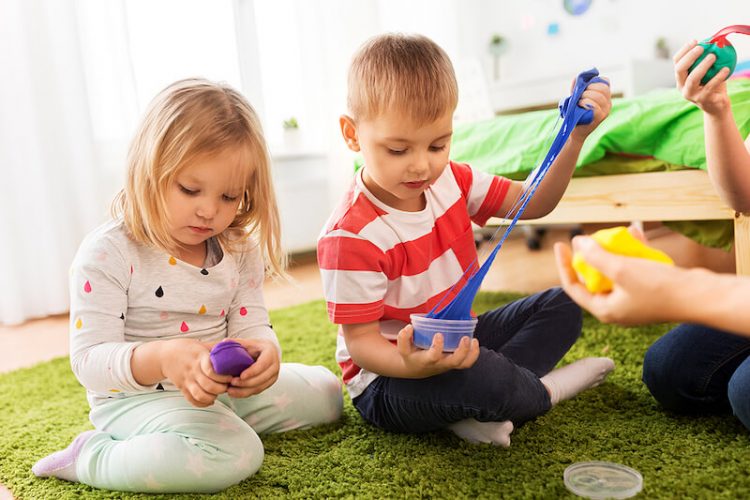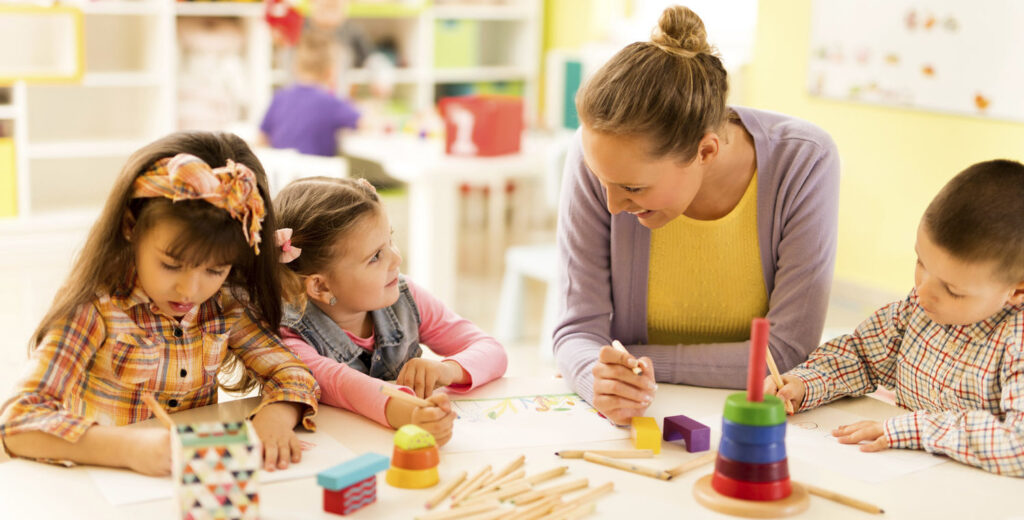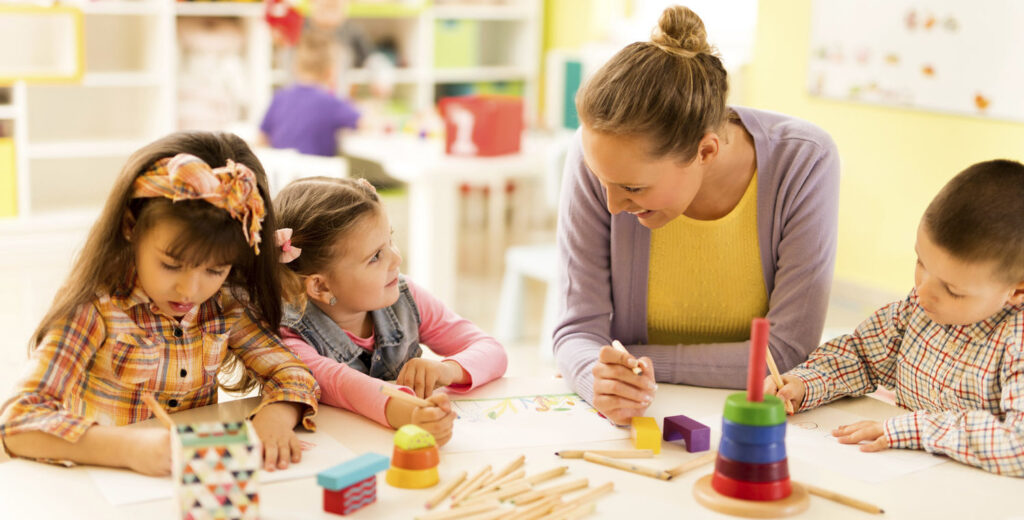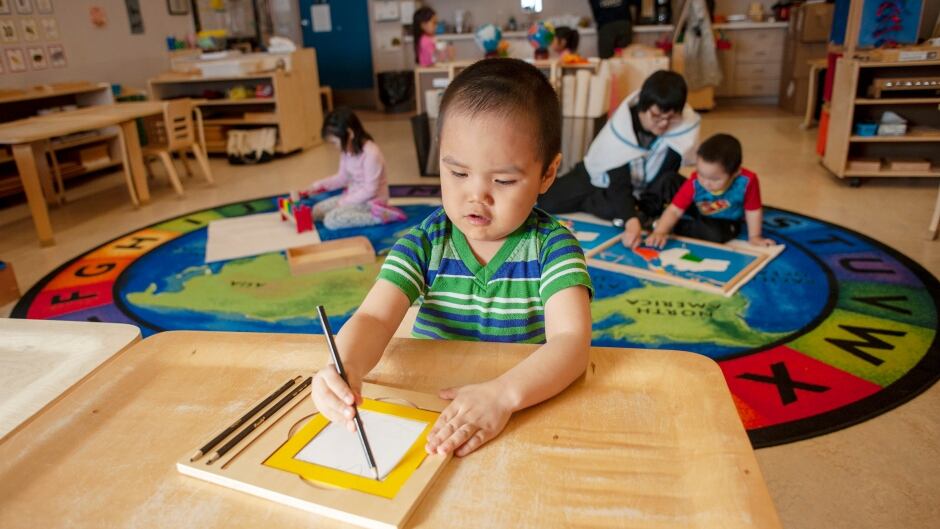Great Leaders Come Out of Montessori Schools
The power of a Montessori education to raise up successful students who go on to achieve great things in life is an undeniable fact. Just look at a list of some of today’s most successful business people and artists, and you’ll see many Montessori graduates among them. Larry Page and Sergei Brin (the founders of Google), Grammy winning musician Taylor Swift, Peter Drucker, and Helen Keller were all Montessori students at one time.
Imagine if one day, your child’s name is included in that list! As a parent living a successful life of your own, you know the value of a good education isn’t simply about academic success, but about preparation for the ins and outs of life beyond the classroom. Enrolling your son or daughter in Montessori preschool or Montessori primary school can help them develop the character, knowledge, and intrapersonal skills that make leaders stand out and achieve great things. Here’s how Montessori and leadership go hand in hand.

The Qualities of Successful Leaders
When you imagine a leader worthy of emulation, who comes to mind? Perhaps someone such as Abraham Lincoln, Marie Curie, Martin Luther King Jr., or similar famous names? You may even think of someone who may not be famous to the world, but who had a dramatic, lasting, positive effect on your life.
Developing leaders among Montessori preschool and primary school children is about more than setting them up to become a household name. It’s about raising sons and daughters who exemplify traits that bring about positive impact in their world. In Montessori classrooms, our educators concentrate on creating opportunities for students to develop the skills and mindset of great leaders, such as:
- Knowledge of the world
- Social graces with people
- Self-confidence
- Integrity
- Skilled communication
- Personal and social responsibility
- Creativity
- Love of discovery
As children grow in these traits, they become more grounded in who they are, what makes them unique, and a sense of how they can give back to their community. And this positions them for future leadership, whether it’s in academics, sports, work or family.

Focus on Freedom within Limits for Primary Ages
By definition, leaders are at the head of their pack in one way or another. Whether this means they are overseeing a company, a sports team, a family, or a volunteer group, leaders must have a sense of independence, balanced by a respect for boundaries. This is what enables them to make good decisions that benefit others.
Montessori classes foster your child’s independence, while also encouraging them to care for the classroom, respect others, and develop their sense of proper balance for all things.
Develop Intrinsic Motivation
Traditional schools tend to focus on various forms of extrinsic motivation—such as offering rewards for good behavior, or offering praise to those who perform better on their exams. Unfortunately, when children are driven by outward forms of approval, they can lose the desire to work hard of their own free will.
In Montessori, encourage intrinsic motivation by inviting students to share their own assessment of what they’re working on—what they’re enjoying, what they’d like to learn, etc.—thus nurturing the inward satisfaction that comes with self-driven discovery.

Emphasize Achieving Personal Bests
Competition is often a fact of life, especially in more traditional academic settings where students can’t help but compare their performance in class to that of fellow students. But comparison taken too far can discourage children and limit their willingness to take on new challenges.
So, in Montessori preschool , teachers invite students to focus on improving their own skills, comparing what they can do today with what they did yesterday. This encourages a sense of competence and confidence which they can carry into their future endeavors with pride.
Encourage an Innovative Mindset for Primary Children
According to the Harvard Business Review, one of the key elements of successful leadership, especially in business, is innovation—the ability to see things in a new way, and develop creative new solutions to existing problems.
Montessori is great at fostering innovation, because the entire approach to Montessori learning is to inspire preschool and primary school children to explore, experiment, and test hypotheses with physical materials and hands-on learning. This use of active discovery allows children to not only learn what works, but gives them permission to do it their own way, which is what innovation is all about.



